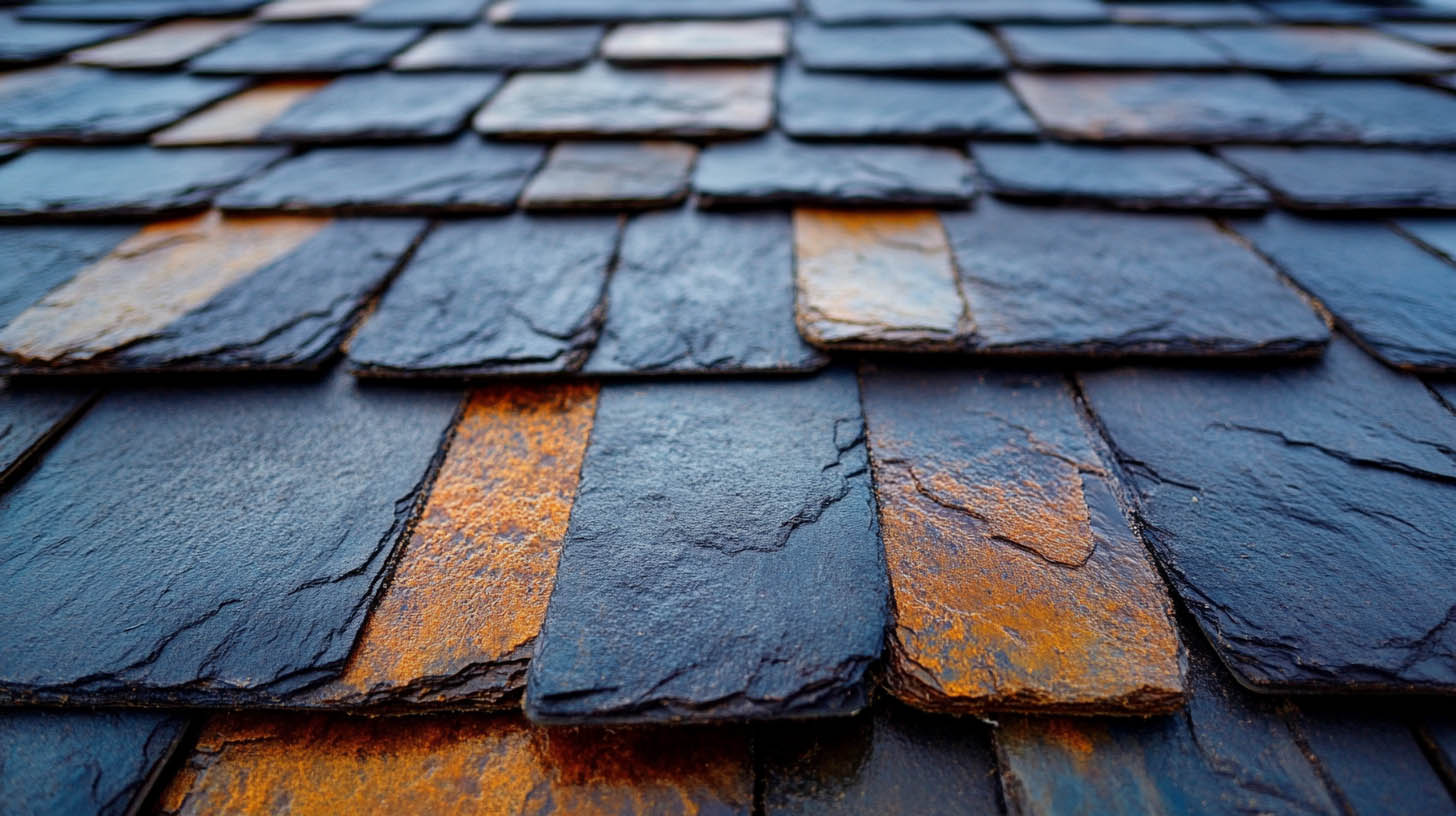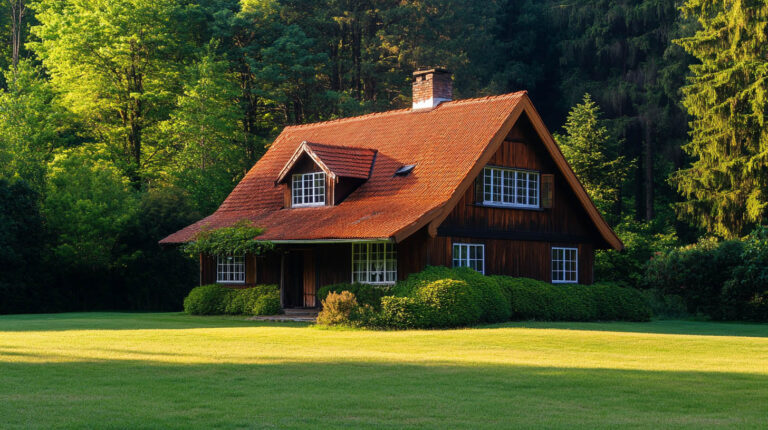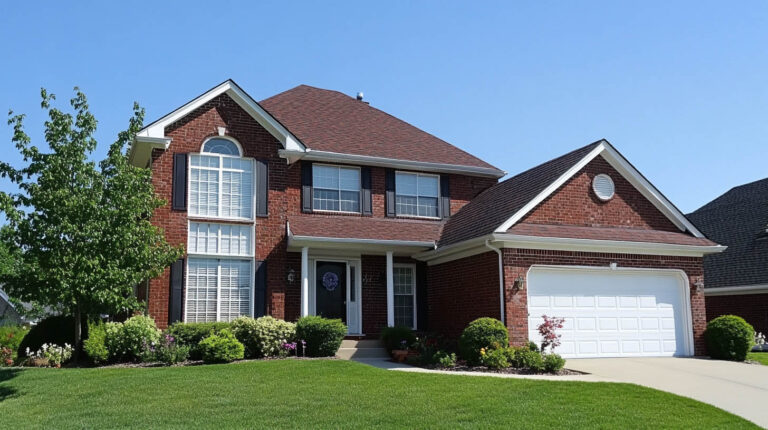
Blog
How to Estimate the Lifespan of Your Roof
Your roof plays a crucial role in protecting your home from the elements, but how long can you expect it to last? The answer depends largely on the materials used, how well it was installed, and the level of maintenance it receives over time. Whether you live in an older home or recently purchased a new property, understanding the expected lifespan of your roof can help you plan for future repairs or replacements. At Avenue Roofing, we provide expert advice and roofing services to ensure your roof lasts for decades.

Average Lifespan of Common Roofing Materials
Different roofing materials have varying lifespans, each offering unique benefits and costs. Here’s a breakdown of the most popular options:
1. Asphalt Shingles (10-50 Years)
Asphalt shingles are the most common roofing material due to their affordability and ease of installation. While they can last anywhere from 10 to 50 years, the actual lifespan depends on factors such as installation quality and regular maintenance. Most asphalt shingle roofs come with 25-year warranties, but they may require earlier replacement if exposed to harsh weather conditions.
Unique Fact: According to the National Roofing Contractors Association, 80% of U.S. homes are roofed with asphalt shingles, making them the most popular roofing material.
2. Clay Tiles (50-100 Years)
Clay tiles are one of the most durable roofing options available, with the potential to last over a century if properly maintained. These tiles are ideal for homes in warm, dry climates, but they come with a higher upfront cost. However, the investment is often worth it since clay tiles require minimal maintenance and provide long-lasting protection.
3. Concrete Tiles (50+ Years)
Similar to clay, concrete tiles are incredibly durable and resistant to extreme weather conditions, including strong winds and heavy rains. While concrete roofs may not last quite as long as clay, they are a more affordable alternative with the same aesthetic appeal.
4. Metal Roofing (70+ Years)
Metal roofing is known for its strength and longevity, making it a popular choice for homes in areas prone to severe weather. It can withstand high winds, rain, and snow, and is also fire-resistant. However, metal roofs may not be the most aesthetically pleasing option, and their durability often comes with a higher price tag.
5. Wood Shingles (20-30 Years)
Wood shingles are a mid-range option in terms of cost and lifespan. While they provide a beautiful, natural aesthetic, they also require more maintenance than other roofing materials. Regular upkeep is essential to prevent rot, mold, and insect infestations, especially in humid or rainy climates.
6. Slate Roofing (100+ Years)
If you’re looking for a roof that will last more than a century, slate is the ideal material. Its natural stone composition makes it extremely durable and resistant to fire, water, and wind. However, slate roofs are expensive to install, and their weight may require additional structural support for your home.
Factors That Affect Roof Lifespan
Several factors can influence the lifespan of your roof, regardless of the material used:
- Installation Quality: A well-installed roof will last longer and require fewer repairs than one that was poorly installed. Make sure to hire experienced professionals who follow proper installation techniques.
- Climate: Extreme weather conditions, such as hurricanes, hail, or heavy snowfall, can shorten the lifespan of your roof. Regular maintenance and inspections are essential in areas prone to severe weather.
- Maintenance: Regular roof inspections and prompt repairs can help extend the life of your roof. Clearing debris, cleaning gutters, and addressing minor damage early on can prevent more significant issues down the road.
FAQs
1. How long do asphalt shingles typically last?
Asphalt shingles generally last between 20 to 25 years, though higher-quality shingles can last up to 50 years with proper maintenance.
2. What is the longest-lasting roofing material?
Slate is the longest-lasting roofing material, with a lifespan of over 100 years, followed by clay and concrete tiles, which can last 50 to 100 years.
3. How often should I inspect my roof?
It’s recommended to inspect your roof at least once a year, especially after severe weather, to identify any damage or signs of wear.
4. Can I extend the lifespan of my roof?
Yes, regular maintenance, prompt repairs, and choosing high-quality materials can significantly extend the lifespan of your roof.
Conclusion
The lifespan of your roof largely depends on the material, climate, and level of maintenance it receives. Whether you choose asphalt shingles, clay tiles, metal, or slate, knowing how long your roof will last can help you plan for future repairs or replacements. At Avenue Roofing, we provide expert roofing services to ensure your roof lasts as long as possible, protecting your home and keeping it in top condition.
To learn how long a roof replacement typically takes, click here.



